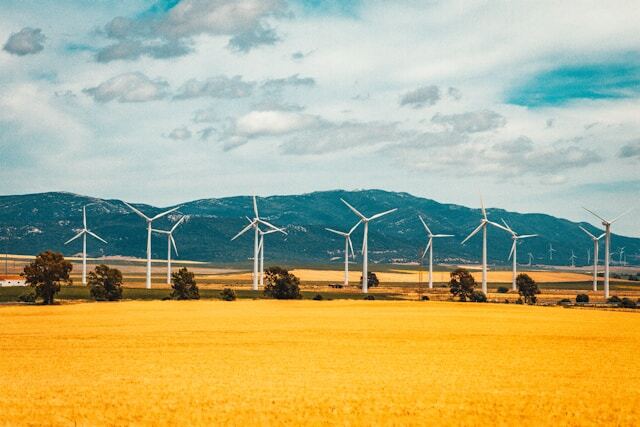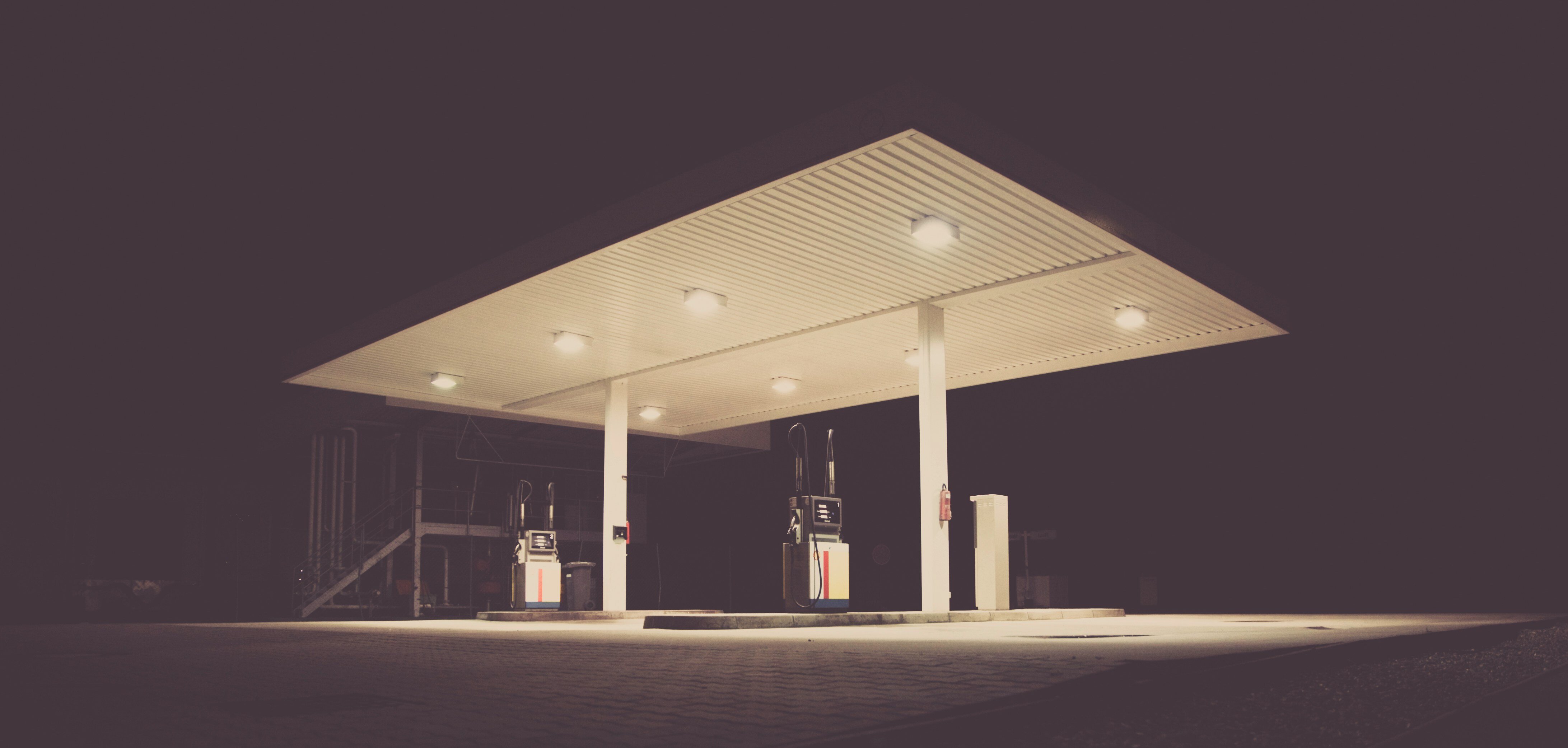"We can no longer afford to conduct business as usual. The coalition will be judged on how quickly and decisively it acts, whether it has the courage to tackle structural reforms, and whether it is capable of renewing the existing economic approach."
This was one of the messages in a recent article in Politico by Daniel Steiner, CEO of Roche Pharma. The key message is that German industry and the economy must pull themselves together quickly, and the new Berlin government, which is still taking shape, must be able to guide and encourage this process. In many respects—as a European, as a Hungarian business leader heavily dependent on the German economy, and as a player in the energy sector—I couldn't agree more. However, this article, which reads like a call to action, has a particularly interesting aspect: although the parties forming the new coalition government (CDU/CSU and SPD) are still working on the distribution of tasks, they have already firmly set the course for energy policy. So the coat – or at least the pattern – is ready, they are just looking for the right buttons.
Based on the items included in the new German coalition agreement, it is not really surprising that Germany has retained its main goal, despite the Greens becoming the opposition: to continue the energy transition ("Energiewende"), but rather that, while the climate targets set during the previous administration will remain unchanged, the energy transition will ultimately be based on what foundations. I would make a thorough analysis of these nine key points mandatory for all European governments, because they set an example!
The Clean Energy Wire has published an excellent summary of the path outlined for 2029. It clearly shows how the Germans' jigsaw puzzle fits together into a single big picture. For there can be no doubt that the individual statements are all pieces of the same carefully thought-out puzzle:
(1) reform of the EU ETS regulations;
(2) pragmatic implementation of the circular economy;
(3) reduction of electricity taxes to a European minimum and introduction of special industrial electricity rates;
(4) catalysing carbon dioxide reduction, along with a rethinking of carbon trading and, in this context, increasing social fairness;
(5) the development of green energy investments and energy storage capacities and the cost-effective ramp-up of the hydrogen economy, as well as
(6) the exemption of electric cars from vehicle tax until 2035,
(7) state support for the development of district heating networks;
(8) financing recycled building materials and simple, climate-friendly construction through state banks, and finally
(9) accelerated expansion of the electricity grid and digitalization. And since the Germans are pushing for it, it is guaranteed to become the norm at the EU level as well.
The question is justified: is there sufficient personal commitment behind all this? I am particularly optimistic in this regard, because one of the surprises of the coalition talks was that the conservatives nominated Katherina Reiche as Minister for Economic Affairs, who, although she has previously been involved in politics, but has spent the last few years as chair of the board of Westenergie AG, a regional utility company and subsidiary of E.On, planning the transformation of the German energy industry. She comes from the heart of the matter and has the background, knowledge and personal commitment to see the transformation through.
This article was first published on the 6th May, by Levente Tóth, CEO of mitigia, on their personal LinkedIn profile.
Cover picture: Raimond Klavins, Unsplash





